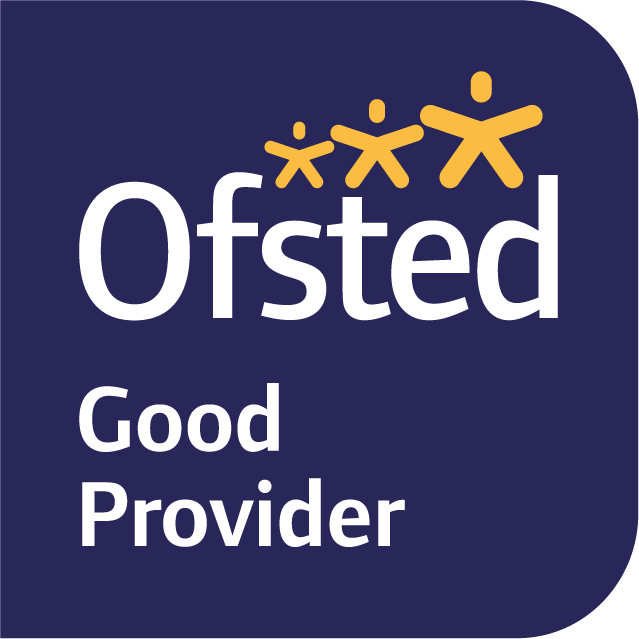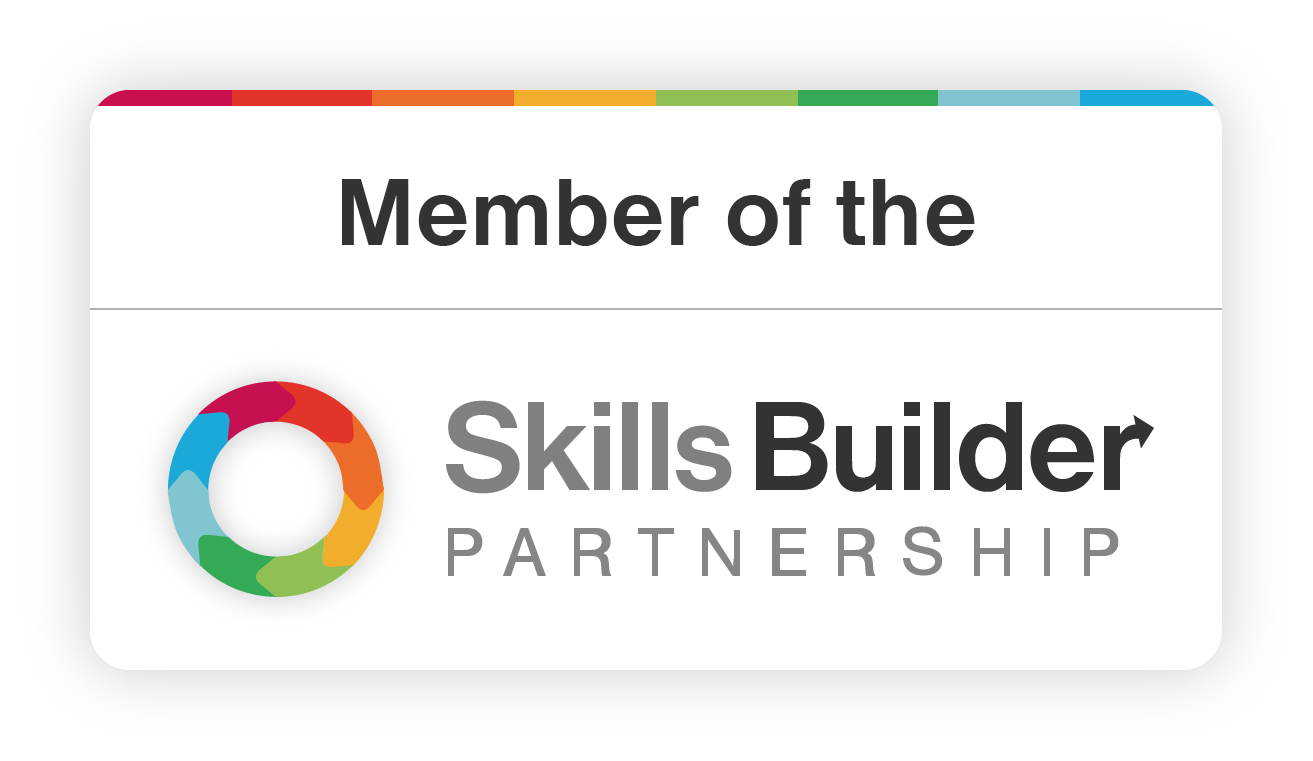Anti-Bullying
The safeguarding and wellbeing section of the website is currently under construction to ensure enhanced features and comprehensive resources for our users' safety and welfare. We appreciate your patience and look forward to presenting an improved experience soon.
Anti Bullying
At Thornhill Academy, we believe the key principle to everything we do in school is to create excellent, mutually positive relationships between all within our community. Where students, staff, parents, and other members of our school community feel safe and confident.
Anti Bullying Team
Miss L Coates – Head of safeguarding and Wellbeing
Miss J Coates – Anti Bullying co-ordinator
What is bullying?
The repetitive, intentional hurting of one person or group by another person or group, where the relationship involves an imbalance of power. Bullying can be physical, verbal or psychological. It can happen face-to-face or online.
There are four key elements to this definition:
- hurtful
- repetition
- power imbalance
- intentional
Bullying behaviour can be:
- Physical – pushing, poking, kicking, hitting, biting, pinching etc.
- Verbal - name calling, sarcasm, spreading rumours, threats, teasing, belittling.
- Emotional – isolating others, tormenting, hiding books, threatening gestures, ridicule, humiliation, intimidating, excluding, manipulation and coercion.
- Sexual – unwanted physical contact, inappropriate touching, abusive comments, homophobic abuse, exposure to inappropriate films etc.
- Online /cyber – posting on social media, sharing photos, sending nasty text messages, social exclusion
- Indirect - Can include the exploitation of individuals.
Whole School Approach
• Issues surrounding friendships and bullying behaviour are taught healthy relationships through guidance. Children are taught to explore some of the ups and downs of relationships, including the positive aspects and benefits of friendships and the negative aspects of relational conflict
• Whole School Assemblies are also used to discuss bullying and raise children’s awareness of what bullying looks like, and how they can respond.
• Student Leadership and School Council will provide a forum for discussing any bullying issues and for the children to decide ways of preventing it and supporting those who are bullied.
• Anti-bullying Ambassadors and PALs support students to resolve friendship problems and low level bullying behaviour without adult intervention.
• The school core values of mutual respect to all will be upheld at all times.
• All staff will monitor behaviour and intervene when it becomes inappropriate in order to prevent bullying to develop. Staff will report all child on child related incidents.
• Participation in Anti Bullying Week each year
• Regular staff inset session on anti-bullying strategies and safeguarding procedures
Staged response to bullying type behaviours
Thornhill Academy will follow the following processes where bullying is reported to them.
Stage 1: Information
-
- Any pupils involved should share information to staff via a student statement form
- Information shared by parents should be recorded on CPOMS
- Staff wh identify or suspect any bullying type behaviour should record this on CPOMS.
Stage 2: Investigation and Action
-
- All pupils involved should be interviewed by the most appropriate member of staff.
- All parents including those who are the person being bullied or the person doing the bullying will be contacted and information shared and support offered.
- Appropriate actions to be taken including support for all children involved to deal with the impact of this or alternatively to modify some students behaviours.
- The incident will be logged on CPOMS and discussed at Senior Leadership Operational meetings
Stage 3: Anti Bullying Panel
-
- If the person doing the bullying re-offends they will be referred to the anti bullying panel.
- Anti-bullying panel consists of the child’s Head of Year, Head of Safeguarding and Wellbeing, Senior Leader for behaviour and attitudes.
- Panel meets with persn doing the bullying and their parent/carer
- Behaviour contract and support agreement signed by all present.
- The panel decide and communicate further actions and support for the young people involved.
Stage 4: Enhanced Intervention
-
- Persistent bullying type behaviour will receive communication from the Head Teacher
- Names and behaviour will be shared with other professionals including neighbourhood policing teams and Together for children for further intervention
- Targeted one to one intervention via either internal or external providers.
Stage 5: Suspension
-
- Fixed term Suspensions will be explored for persistent and continued bullying type behaviours and/or serious incidents of bullying behaviour directed at any member of the school community.
How to report Bullying?
Parents
Parents should report any issue or concerns around bullying to their child’s Head of Year in the first incidence. They can do this via telephone, Classcharts or email.
Parents can also report concerns about bullying through the Academy Sharp reporting tool found on this website https://thornhill.thesharpsystem.com/
Students
Students are encouraged to report any issues with their peers to the Academy. This can be done through:
-
Speaking to any member of staff within school.

-
Using your form box to report any concerns
-
Using the QR code on the Student Support posters throughout the school.
-
Contacting staff through digital means such as Classcharts or Email
-
Using the Sharp Reporting tool on the school website https://thornhill.thesharpsystem.com/



